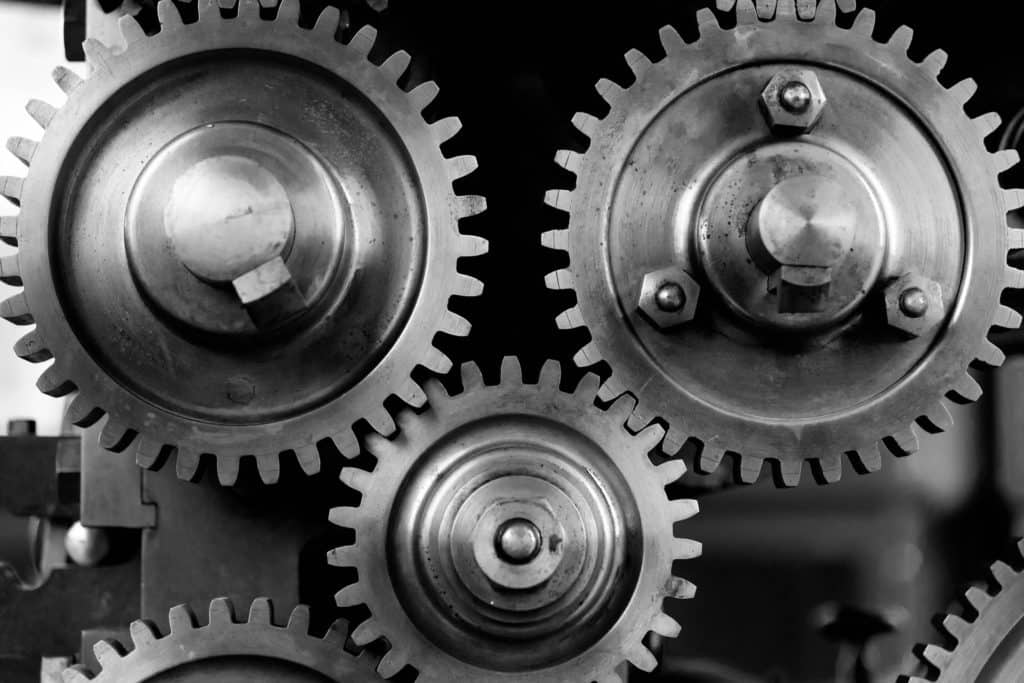Industrial machinery can be a big purchase. In some cases, machines may cost hundreds of thousands in total. As important as it is to stay within your budget, you also want to make sure that your machinery meets all your specs. Here are some of the main factors to consider to ensure that you make the right purchase.
Funding machinery
Whilst you may be able to save up for some machinery, a lot of industrial apparatus is likely to be very expensive and require some form of borrowing. Most companies will take out a business loan or seek investment. Either way, you’ll need a solid business plan that clearly shows that the profit earned from buying the machinery outweighs the cost of buying it.
Be aware that you may be able to hire some forms of machinery, especially those that you’re not going to get regular use out of. There are many companies that can rent out construction heavy equipment or agricultural tools or industrial cleaning machinery. This could be far more economical than buying these items.

Measuring up
Machinery will have to fit inside your premises, so measure the dimensions of the space you’re going to use so that you don’t accidentally buy something too big. Remember to also consider the weight, especially if it’s a portable machine that you hope to take in a vehicle with you.
Some machinery may not be able to fit through the entrance of your premises, in which case it could be worth ordering the machine in parts to be assembled there and then. Most companies will be able to send you professionals to assemble the machine, saving you the hassle of doing it yourself. This may take several hours or days to put together, so bear this in mind.
Brand new vs second hand
Both brand new and second hand machinery have their pros and cons. When buying brand new, you can usually expect better quality. There may be the option of customisation. In fact, some businesses may prefer to build their own custom machine entirely using a CNC turning company and various other services to mould and shape parts. Brand new machinery may also be safer and have digital features to help with maintenance such as smart analytics.
Second-hand machinery will be older, but is likely to be much cheaper. For companies on a budget not looking for high-end specs, second-hand is the way to go. There may also be more reviews out there allowing you to get a better idea of the machine’s reliability. Just make sure to buy from a trusted seller (if you can, inspect the machine in person first before buying).
Maintaining your machinery
Machinery will have to be well maintained. You may have to train up staff to use it and clean it and possibly make small repairs (not to mention implementing health and safety measures). A license may even be needed to operate certain machinery such as heavy equipment. Keeping a service handbook is vital as it will allow you to stay on top of faults and will also come in handy if you ever want to sell the machine and prove its reliability. Also make sure that your machine is insured against fire and theft (a business property insurance scheme may cover any machinery you have, although be sure to tell your insurer the moment you buy the machine).


